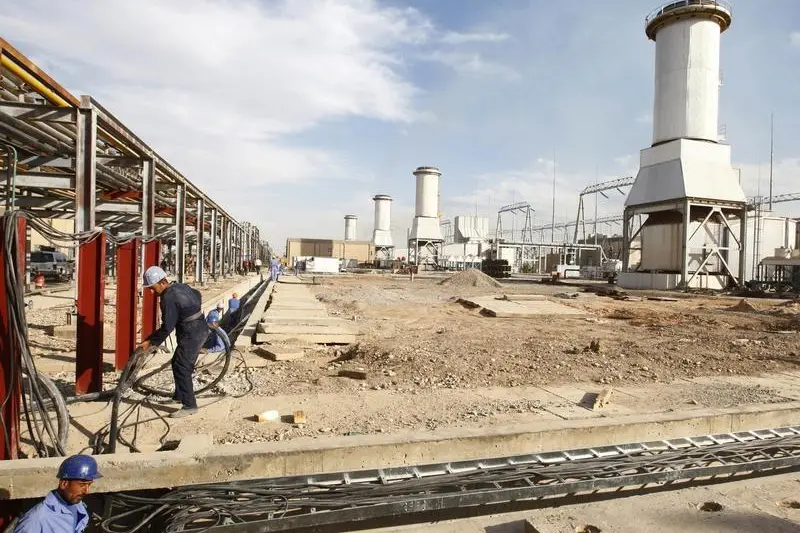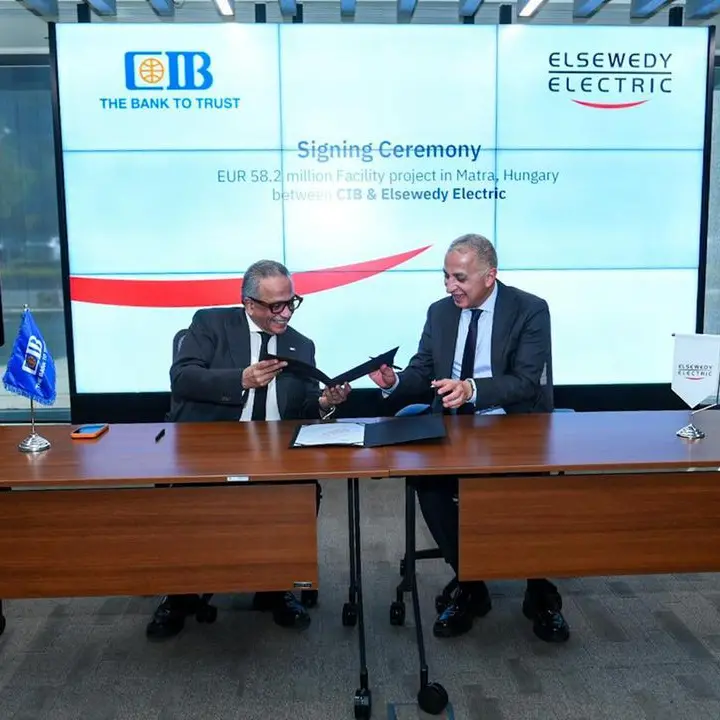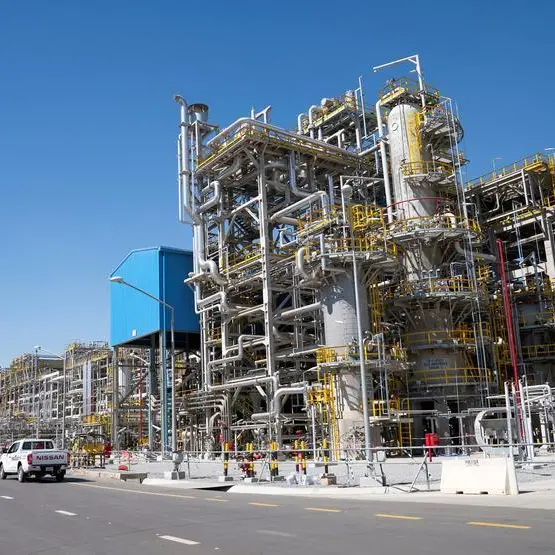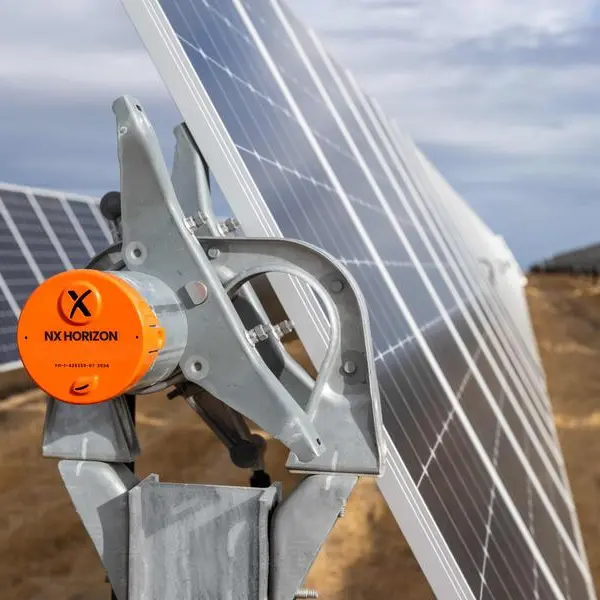PHOTO
Iraq can tackle its large post-war power shortage by building nuclear reactors that could cost nearly $40 billion; a former energy official was quoted on Tuesday as saying.
Iraq, which controls the world’s 5th largest proven crude oil reserves, needs to produce 62 gigawatts (GW) of electricity in 2030 to cater for domestic demand, said Kamal Lateef, former director of the Iraqi Commission for control of radioactive sources.
Quoted by Shafaq News and other Iraqi publications, Lateef said the sum is not large considering the fact that producing electricity from oil, gas and other traditional sources would cost Iraq much more in terms of fossil fuel losses.
Lateef noted that spending on hydrocarbon-run power stations would account for more than 19 percent of Iraq’s national income compared with an international standard of 5 percent.
“The best solution to achieve power self-sufficiency in Iraq is by constructing nuclear reactors along with other renewable energy projects… nuclear reactors can ensure at least 10 GW of Iraq’s electricity needs,” Lateef said.
“Considering the large loss of oil and gas for the operation of power stations, investment in nuclear reactors can be offset within only four years,” he added.
(Writing by Nadim Kawach; Editing by Anoop Menon)





















